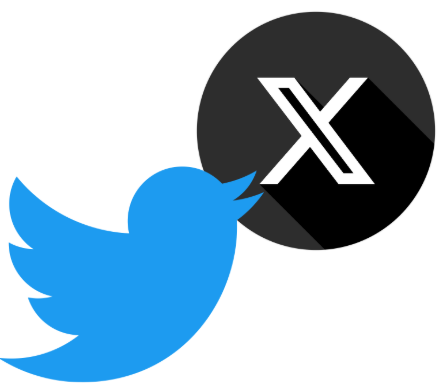In a pivotal legal development, the U.S. Court of Appeals recently overturned the prior ruling in the Yuga Labs Inc. v. Ripps case, sending shockwaves through the world of non-fungible tokens (NFTs) and intellectual property law. The case originally centered on the popular Bored Ape Yacht Club (BAYC) NFTs, created by Yuga Labs Inc., and the alleged infringement by artist Ryder Ripps, who produced and sold NFT copies known as RR/BAYC. This reversal highlights the increasingly complex nature of digital ownership, free speech, and trademark law as applied to the NFT ecosystem.
Originally, a lower court sided with Yuga Labs, ruling that Ripps had violated trademark protections by creating NFTs that mimicked the BAYC collection, misleading consumers and damaging Yuga’s brand. However, the appeals court found fault with this determination, focusing on First Amendment concerns and the insufficient consideration of artistic expression and satire in the lower court’s analysis.
This decision has major implications for the NFT industry. The court emphasized that not all digital imitations automatically constitute trademark infringement, especially if they can be reasonably interpreted as commentary, parody, or critique. Ripps had argued that his RR/BAYC project was not an attempt to capitalize on Yuga’s success but a form of protest art aimed at highlighting perceived issues with the BAYC brand. While the original court dismissed these arguments, the appellate panel considered them more seriously, suggesting the need for courts to strike a more nuanced balance between trademark enforcement and protected artistic expression.
This ruling could embolden other artists, developers, and digital creators to explore the limits of fair use, satire, and criticism within NFT spaces. At the same time, it signals a heightened burden on NFT brands and intellectual property holders to clearly establish when unauthorized uses cross the line into deceptive commercial activity. As NFT projects continue to grow in value and cultural significance, the question of how digital assets should be treated under traditional IP frameworks becomes even more urgent.
Moreover, this reversal underscores the critical need for NFT creators and collectors to have a comprehensive understanding of their intellectual property rights and how to enforce or defend them. Legal protections for NFTs are still being shaped, and rulings like this one will influence future litigation, licensing strategies, and platform policies. In particular, brand owners must now consider how courts may interpret digital parodies or protests — especially if their brands carry political or social connotations.
For NFT investors and companies building digital asset portfolios, the outcome of the Yuga Labs Inc. v. Ripps case introduces a new level of uncertainty. The boundaries of what constitutes trademark misuse or legitimate commentary are far from settled. Given the massive value generated by top-tier NFT collections, the stakes are higher than ever. A single ruling can significantly affect the market perception and legal standing of a digital asset.
As the legal system continues to evolve alongside technology, it becomes crucial to retain legal counsel with deep expertise in both intellectual property and emerging technologies like blockchain. Understanding the nuances of copyright, trademark, and free speech in the digital era is not just an academic exercise—it’s a necessity for navigating this rapidly changing legal terrain.
If you or your business is involved in the creation, licensing, sale, or enforcement of NFTs, securing experienced legal representation is vital. Contact The Plus IP Firm today. Call Mark Terry at 786-443-7720 or email [email protected] to schedule a consultation.



